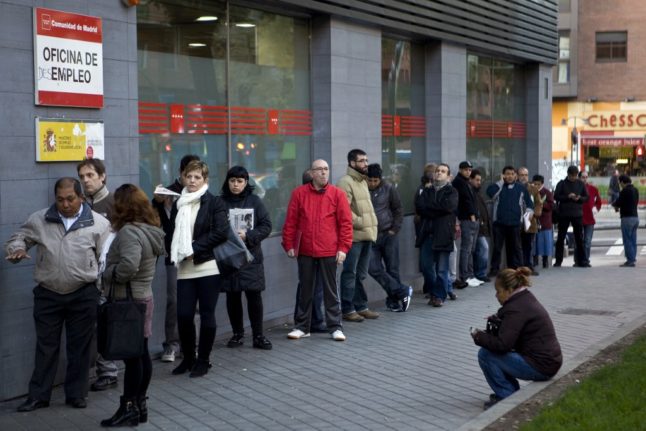The country’s growth is sharply down from 1.5 percent in the previous quarter, according to provisional data from the National Statistics Institute (INE).
The slowing growth is largely down to poor performance in the real estate sector, where activity contracted by 2.5 percent, and a drop in exports and business investment.
However, inflation in Spain eased in the last three months, reaching 7.3 percent in October, the INE said.
This is a sharp drop from the 10.8 percent in July, which was the highest in nearly 38 years.
Like other countries across Europe, Spain has been struggling with soaring inflation as a result of the fallout from the war in Ukraine and the reopening of the economy after pandemic-related lockdowns.
Among Western economies, Spain was also one of the worst hit by the economic fallout of the Covid pandemic, largely due to its heavy dependence on tourism.
The country’s public accounts control body has warned that the Spanish economy could contract in the last quarter of this year and the first quarter of next — putting Spain in a technical recession.
But the government has insisted the country can dodge a crisis.
Spanish economy minister Nadia Calviño said in a TV interview Wednesday that it was “obvious” the country was “at a delicate moment”, but that the economic indicators do not suggest there will be a recession.
The government has targeted GDP growth of 4.4 percent this year.
READ ALSO: Is Spain heading for a recession?



 Please whitelist us to continue reading.
Please whitelist us to continue reading.
Member comments